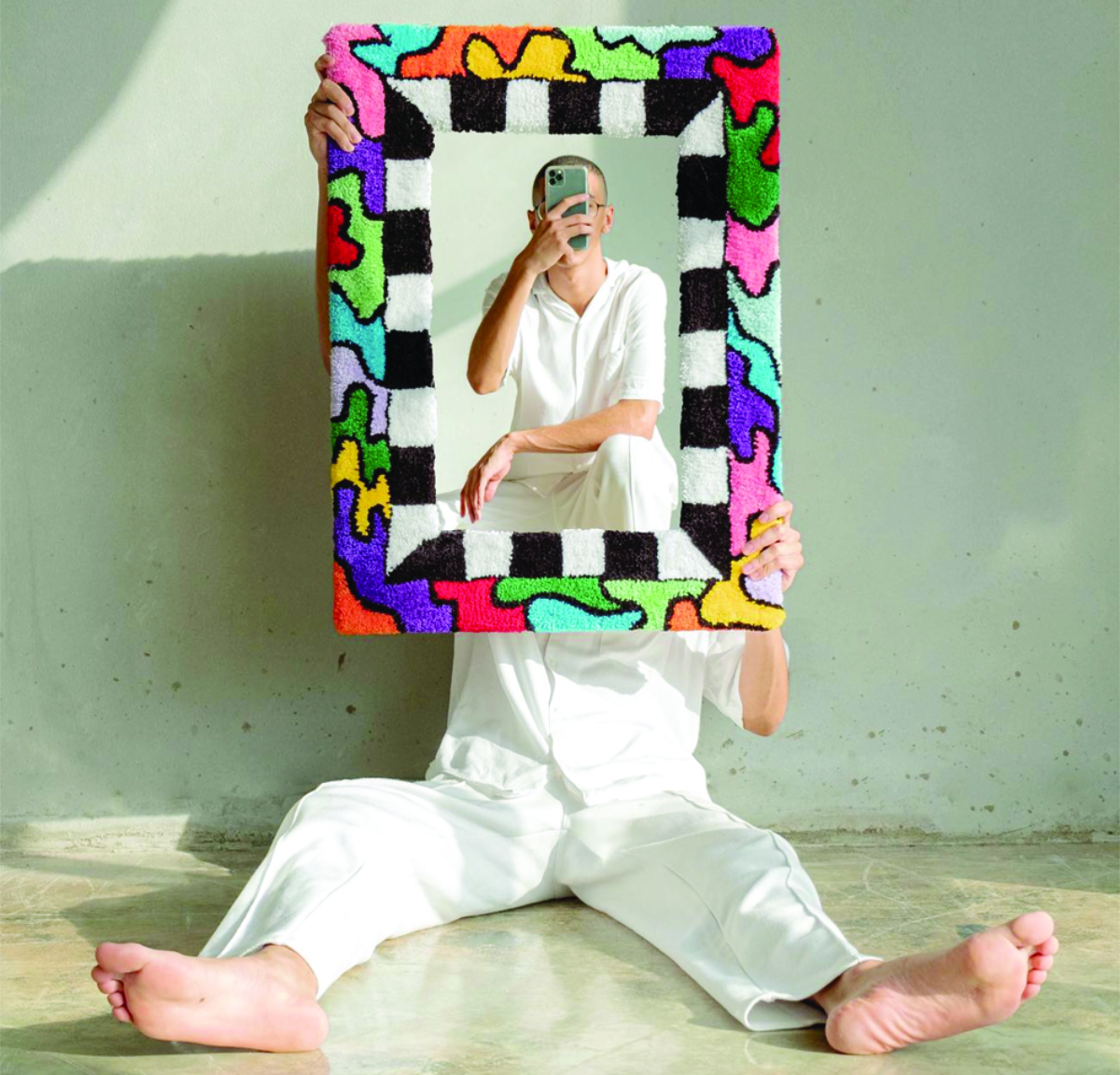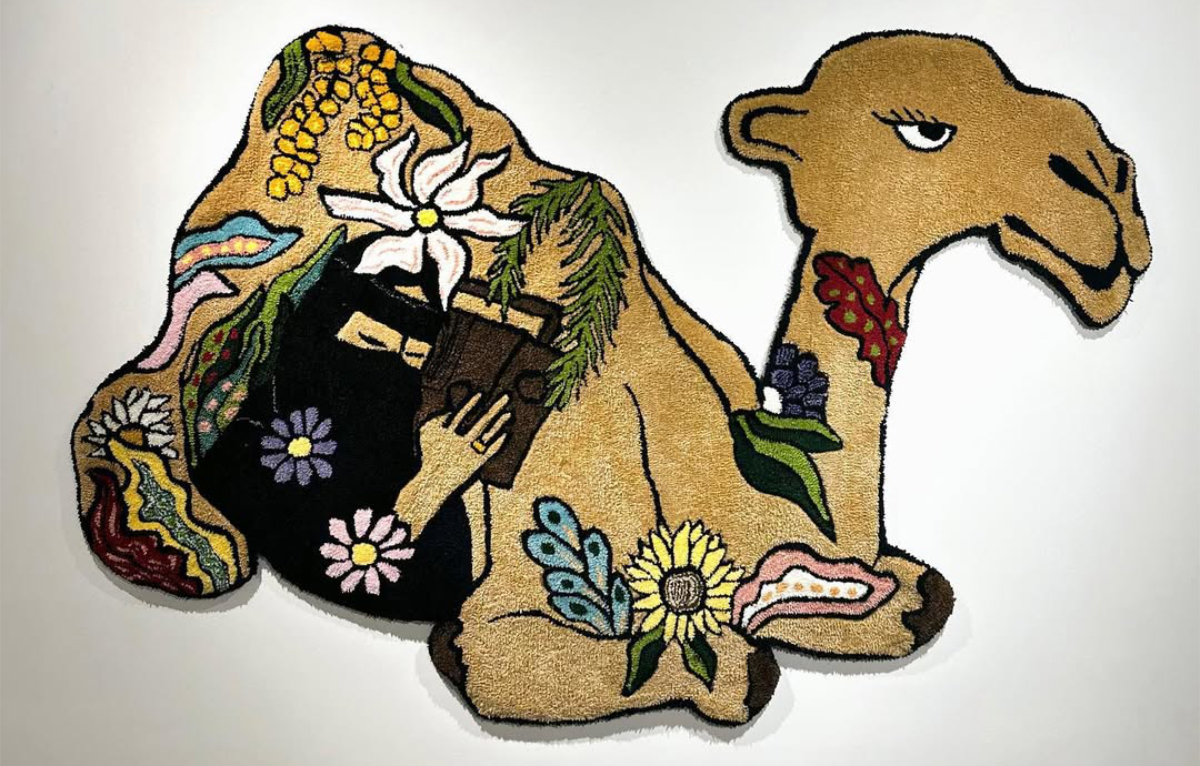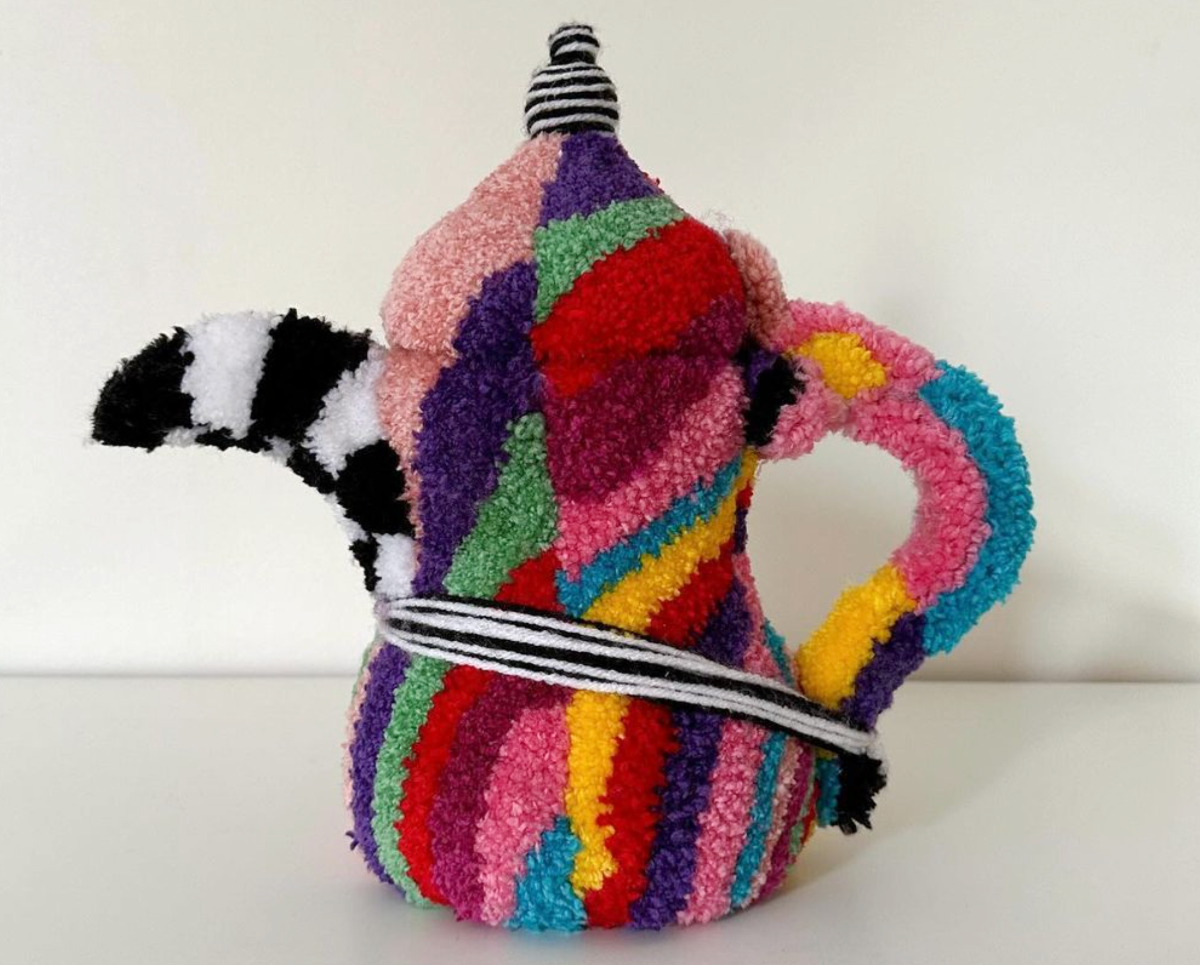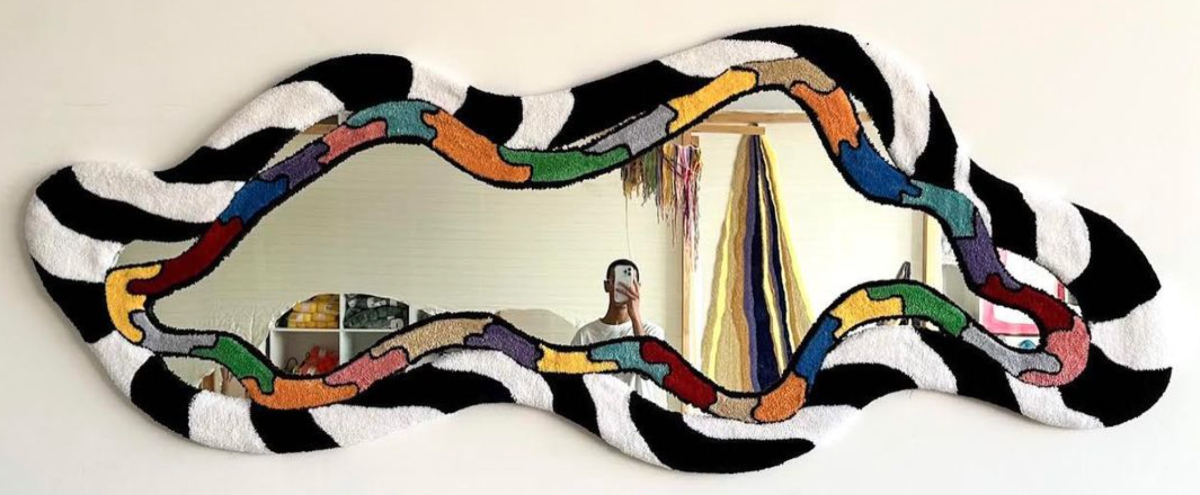JEDDAH: The Artisan’s Lane at Al-Balad is a museum of Saudi arts and crafts that has been instrumental in promoting local craftspeople involved in traditional textiles, pottery and woodwork.
Organized by Zawiya 97, the initiative not only preserves ancient crafts by international and local artisans, but also provides a platform for visitors to engage in hands-on workshops, interactive craft sessions, talks, studio sessions and master classes.

The increased influx of visitors in Al-Balad has provided artisans with a greater market presence and demand for their goods and services. (AN photos by Saleh Fareed)
Zawiya 97, a hub for the Saudi creative and traditional arts scene, brings creative endeavors of all sizes near Jeddah’s iconic Nassif House. The hub’s CEO, Ahmed Angawi, told Arab News: “This dynamic hub goes beyond commerce, fostering creativity, skill-sharing and community bonds.”
The increased influx of visitors in Al-Balad has provided artisans with a greater market presence and demand for their goods and services, pushing their businesses to new heights of success and sustainability.
HIGHLIGHTS
• The theme for Balad Al-Fann, which runs until March 9, is ‘Past Forward.’
• The Artisan’s Lane not only preserves ancient crafts by international and local artisans, but also provides a platform for visitors to engage in hands-on workshops and sessions.
• Eighteen artisans from Saudi Arabia, Mexico, Iraq, Kurdistan and Uzbekistan recently took over Artisan’s Lane.
Eighteen artisans from Saudi Arabia, Mexico, Iraq, Kurdistan and Uzbekistan recently took over Artisan’s Lane with carpet weaving, soap, ceramic and rug making demonstrations, as well as a showcase of Arabic calligraphy.
Angawi noted that he and his team have always encouraged talented artisans in Saudi Arabia and abroad to monetize their crafts. This inspired Zawiya 97 to be part of Balad Al-Fann festival, which features interactive events that connect local artisans to international markets.

The increased influx of visitors in Al-Balad has provided artisans with a greater market presence and demand for their goods and services. (Supplied)
The CEO, who has an interest in local heritage, told Arab News that the initiative was created in Jeddah’s historic area under the name “Common Ground.”
He added: “The Common Ground program is inspired by our cultural heritage and architecture as a universal language of civilization ... it is for artisans and creative craftsmen to express their culture in one space.”

The increased influx of visitors in Al-Balad has provided artisans with a greater market presence and demand for their goods and services. (Supplied)
Among them is Shorsh Saleh, a Kurdish mixed media artist, carpet designer and weaver. His works focus on the subject of migration, border and identity. Based in the UK, he has exhibited both nationally and internationally.
He said: “I am here for six weeks to present my craft work. To get locals engaged, we are offering courses to share our experience and also enlighten those who are interested in carpet weaving.”

The increased influx of visitors in Al-Balad has provided artisans with a greater market presence and demand for their goods and services. (AN photos by Saleh Fareed)
The studio of Hashim Al-Shawi, a Saudi business development expert in Jeddah with British accreditation in the hand soap industry, is one of the popular spots in Artisan’s Lane.
Al-Shawi said: “I am really glad to be part of this artisan gathering in Al-Balad to show people that soap making is a unique experience. We draw our inspiration from the history of Jeddah and reflect it in our products characterized by authentic craftmanship and traditional methods with local ingredients, such as Bab Mecca oils and herbs of Al-Attarin.”
Inside his studio, surrounded by visitors watching his creative Arabic calligraphy, Ayoob Abdul Hameed from Makkah told Arab News that the art form conveys “harmony, grace and beauty.”
He added: “Our duty is to serve you all with our talent. Arabic calligraphy is in the form of print; some is done by oil painting, and very often it is done by engraving. There is a difference between the art of Arabic calligraphy and regular writing.”
The theme for Balad Al-Fann, which runs until March 9, is “Past Forward,” and the historical district is brimming with projects that combine light and sound, music, theatrical performances, exhibitions, and a number of local eateries and cafes.



































